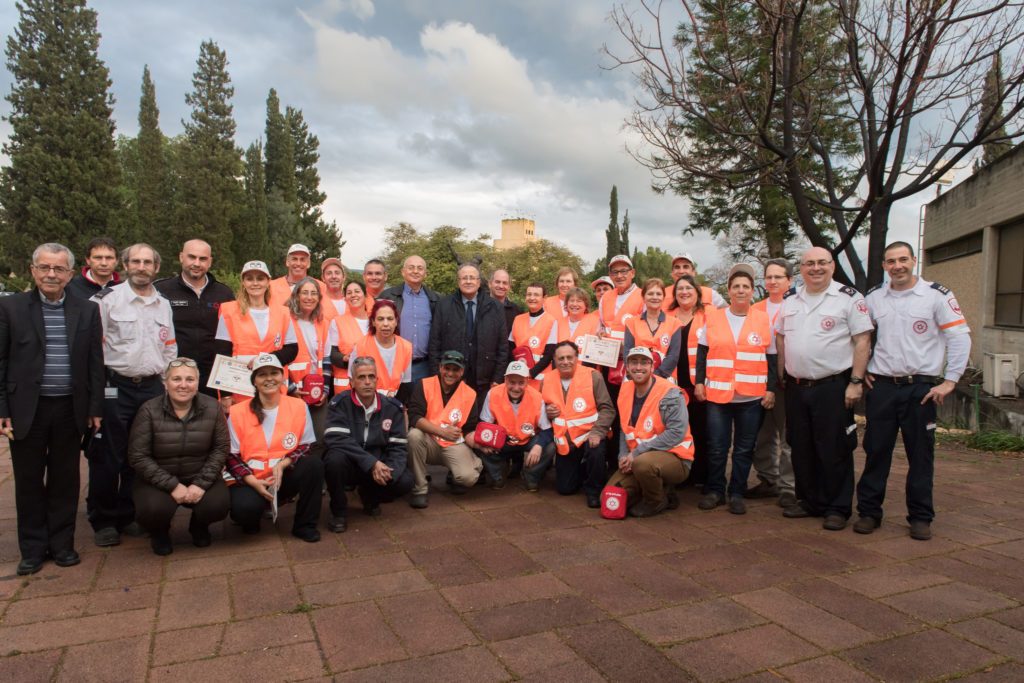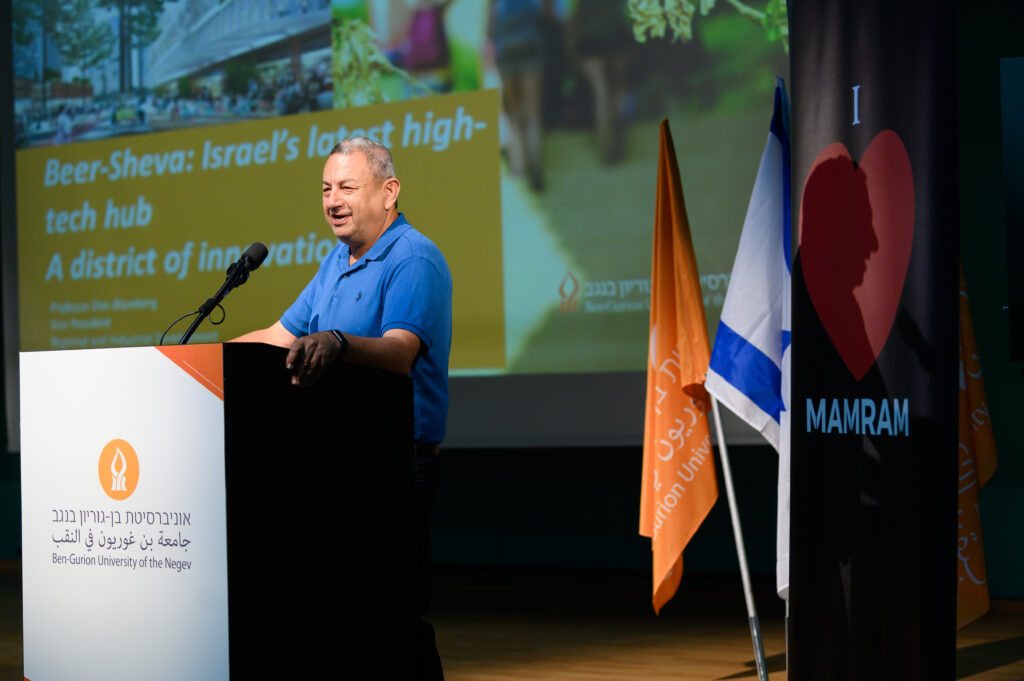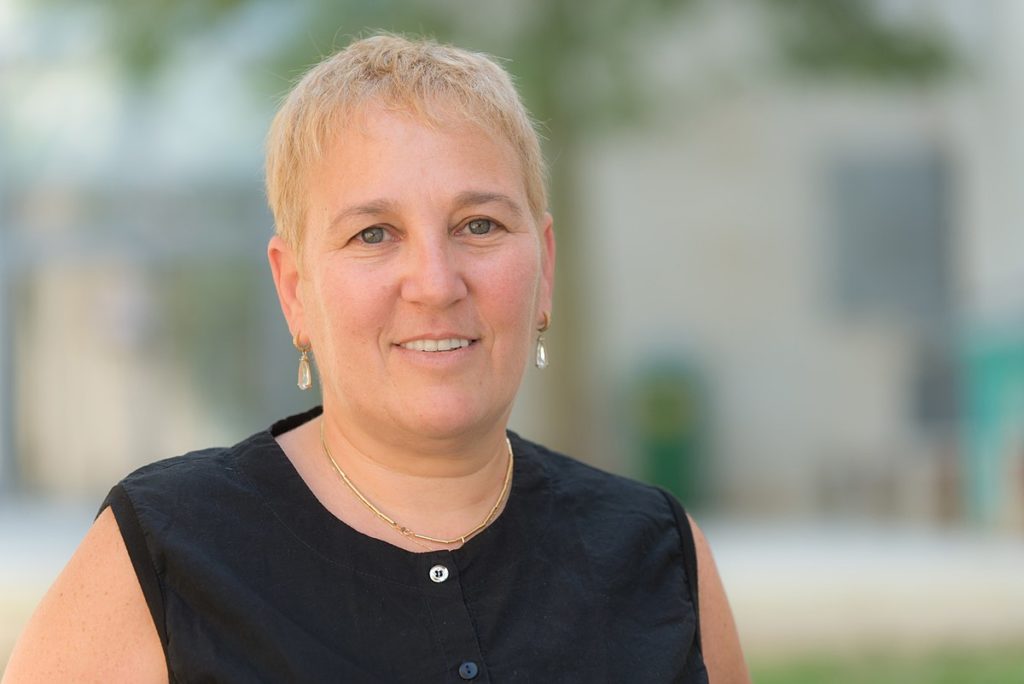
Promoting Emergency Preparedness in the Region
Promoting Emergency Preparedness in the Region
March 28, 2017
Homeland & Cyber Security, Medical Research
The Jerusalem Post — With the area along the Israel-Jordan border at high risk for earthquakes, Israeli institutions are working with the Jordanian Red Crescent and Hebron’s Greenland Association to train local residents as first responders in the wake of such an event.
The joint Israeli-Jordanian-Palestinian project, called “Community Emergency Response Teams,” was conceived by Ben-Gurion University, the European Union and Israel’s national emergency service Magen David Adom.
“The project has granted us the opportunity to promote lifesaving activities together,” says Prof. Limor Aharonson-Daniel, BGU’s deputy rector for international academic relations and head of the PREPARED Center for Emergency Response Research.
Limited access and rough terrain after an earthquake can make it difficult for rescue teams to arrive promptly. The training will give residents the tools to help ease the situation before professional rescue teams arrive.
Participants underwent a 100-hour course on subjects such as needs assessment, first aid, shelter, hygiene promotion, psycho-social support, search and rescue, firefighting, and community resilience.
Similar training took place simultaneously in Palestinian and Jordanian communities. First-response teams throughout the region will also be prepared to assist one another in case of an emergency.
The project culminated with a drill that took place in Kibbutz Gesher in Beit She’an.
The Community Emergency Response Teams will be scattered along the Jordan River bank in Israel’s Emek Hama’ayanot region, Hevel Eilot region and Kuseife, a Bedouin town.
“The collaboration, which began with training the first Jordanian paramedics at BGU a decade ago, has continued with the establishment of local emergency-response teams over the past three years,” says Prof. Aharonson-Daniel. “In the future we aim to establish a master’s program in emergency response and crisis management.
“Above all, the project has sparked personal relationships and friendships that prove that regional collaboration is indeed possible.”




